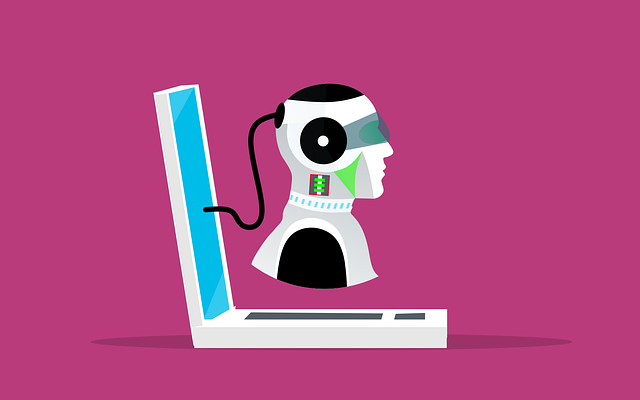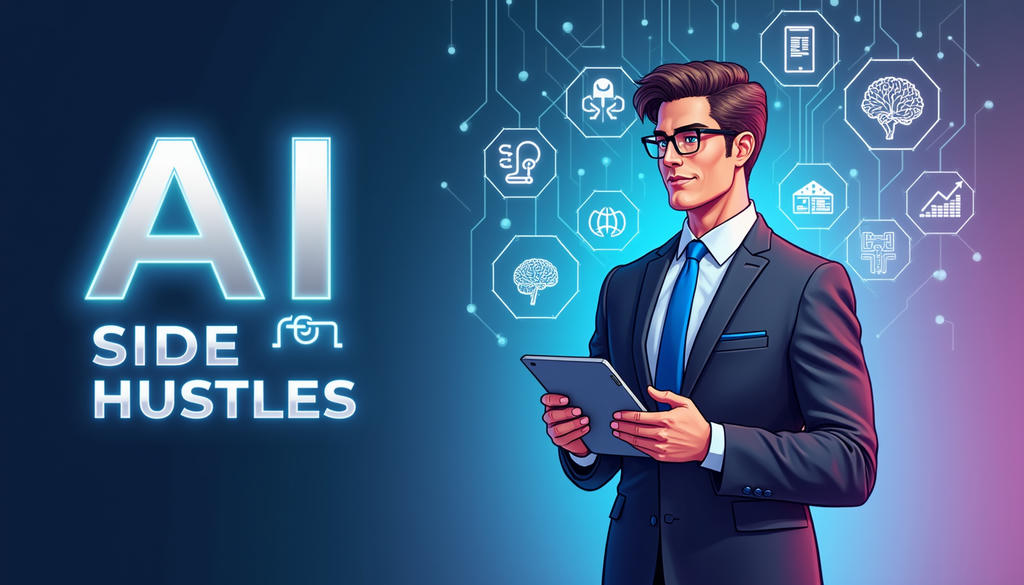The Future of Data Entry and Virtual Assistance Services with AI

The Future of Data Entry and Virtual Assistance Services with AI
Streamlining Success
FACT: By 2025, the global market for virtual assistants is expected to reach a staggering $25 billion? That’s a lot of virtual coffee being brewed! As artificial intelligence (AI) continues to evolve, the landscape of data entry and virtual assistance services is transforming faster than you can say “automation.” Let’s dive into how AI is reshaping these fields and what it means for businesses and workers alike.
The Rise of AI in Data Entry
Data entry has long been the unsung hero of business operations. Think of it as the diligent librarian, quietly organizing the chaos of information. But with AI stepping into the spotlight, this role is changing dramatically. AI-powered tools can now handle data entry tasks with remarkable speed and accuracy. Here’s how:
- Optical Character Recognition (OCR): This technology allows machines to read and convert different types of documents into editable and searchable data. Imagine scanning a handwritten note and having it instantly digitized!
- Natural Language Processing (NLP): NLP enables machines to understand and interpret human language. This means AI can process unstructured data, like emails or social media posts, and extract valuable insights.
- Machine Learning: With machine learning, AI systems improve over time. They learn from past data entry mistakes, reducing errors and increasing efficiency.
For example, companies like UiPath are leading the charge in robotic process automation (RPA). Their software can automate repetitive data entry tasks, freeing up human workers for more strategic roles. This shift not only boosts productivity but also enhances job satisfaction. Who wouldn’t prefer brainstorming over data crunching?
The Evolution of Virtual Assistance
Virtual assistants (VAs) have been around for a while, but AI is giving them a turbo boost. Picture a virtual assistant as your personal superhero, swooping in to save the day. With AI, these assistants are becoming more capable and versatile. Here’s what’s changing:
- 24/7 Availability: AI-driven virtual assistants can work around the clock. Need to schedule a meeting at 2 AM? No problem!
- Personalization: AI can analyze user behavior and preferences, allowing virtual assistants to offer tailored recommendations. It’s like having a personal shopper who knows your style!
- Integration with Other Tools: Modern virtual assistants can seamlessly integrate with various software applications. This means they can pull data from your calendar, email, and project management tools, making them more efficient.
Take, for instance, tools like x.ai, which uses AI to schedule meetings. It learns your preferences and communicates with others on your behalf. This not only saves time but also reduces the back-and-forth emails that can drive anyone mad!
The Human Touch: What AI Can’t Replace
While AI is making waves, it’s essential to remember that some things are best left to humans. Think of AI as a powerful assistant, but not a replacement. Here’s what AI struggles with:
- Emotional Intelligence: AI lacks the ability to understand human emotions fully. A virtual assistant can’t offer empathy or nuanced understanding during sensitive conversations.
- Complex Problem Solving: While AI can analyze data, it can’t always think outside the box. Humans excel at creative problem-solving and strategic thinking.
- Relationship Building: Building trust and rapport is a human skill. AI can assist but can’t replace the personal touch that comes from genuine human interaction.
For example, customer service roles still benefit from human agents who can empathize with frustrated customers. AI can handle basic inquiries, but when emotions run high, a human touch is invaluable.
Preparing for the Future
As AI continues to evolve, workers in data entry and virtual assistance must adapt. Here are some tips to stay ahead of the curve:
- Embrace Technology: Familiarize yourself with AI tools and software. The more you know, the more valuable you become.
- Focus on Soft Skills: Develop skills like communication, empathy, and critical thinking. These are irreplaceable by machines.
- Continuous Learning: Stay updated on industry trends and advancements in AI. Online courses and webinars can be great resources.
By embracing change and enhancing your skill set, you can thrive in an AI-driven world.
Conclusion
The future of data entry and virtual assistance services is bright, thanks to AI. While automation will take over repetitive tasks, the human element remains crucial. By leveraging AI tools and focusing on skills that machines can’t replicate, workers can find new opportunities in this evolving landscape. So, grab your virtual assistant and get ready to ride the wave of innovation!





